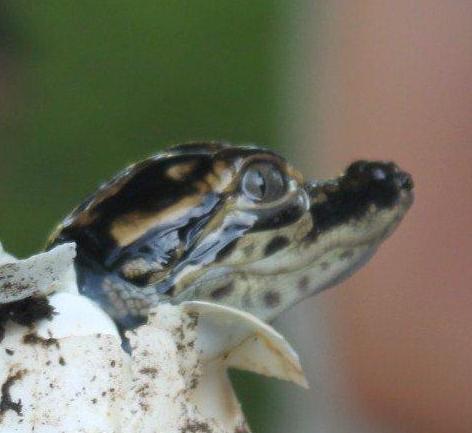Program - Reptile Program
Description - This program will explain basic characteristics of reptiles and what they have in common. We will look at basic life history of snakes and alligators. Live animals will be used in this program. Students will be allowed to touch an alligator and a snake at the conclusion of the program.
Time required - Approximately 45 minutes
Size requirements - 50 students or less
SCHOOL GROUP FEES
Guided Nature Hikes (Creekfield Lake and 40 Acre Lake)
- 1 - 20 Students - $40.00
- 21 - 40 Students - $60.00
- 41 - 60 Students - $80.00
- 61 - 80 Students - $100.00
- 81-100 Students - $120.00
Classroom Programs
Unfortunately all classroom programs have been suspended indefinitely.
- Reptile Program
- Mammal Program
- Bird Program
- Aquatic Invertebrate Program (available for grades 3 - 5)
No charge for Nature Center
Reservations must be made in advance and are subject to availability
The following Texas Essential Knowledge and Skills (TEKS) for Grade 2 Science will be addressed with this program
§112.4. Science, Grade 2
(a) Introduction.
(2) Scientific processes. The student develops abilities necessary to do scientific inquiry in the field and the classroom. The student is expected to:
(A) ask questions about organisms, objects, and events;
(6) Science concepts. The student knows that systems have parts and are composed of organisms and objects. The student is expected to:
(D) observe and record the functions of animal parts.
(8) Science concepts. The student distinguishes between living organisms and nonliving objects. The student is expected to:
(A) identify characteristics of living organisms;




